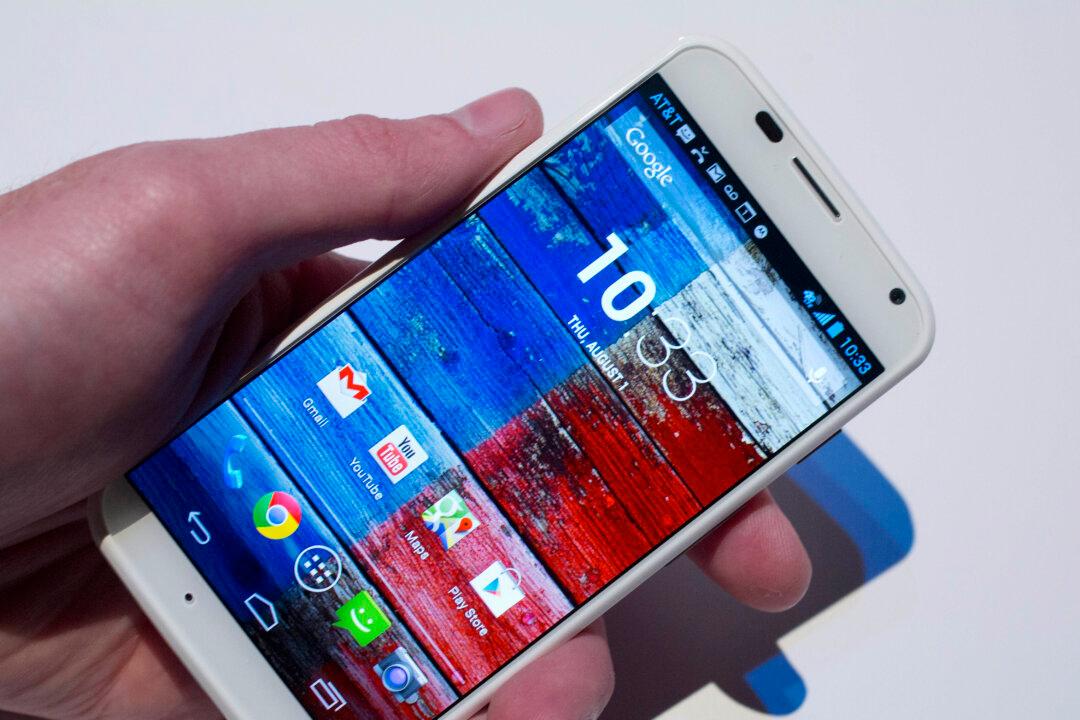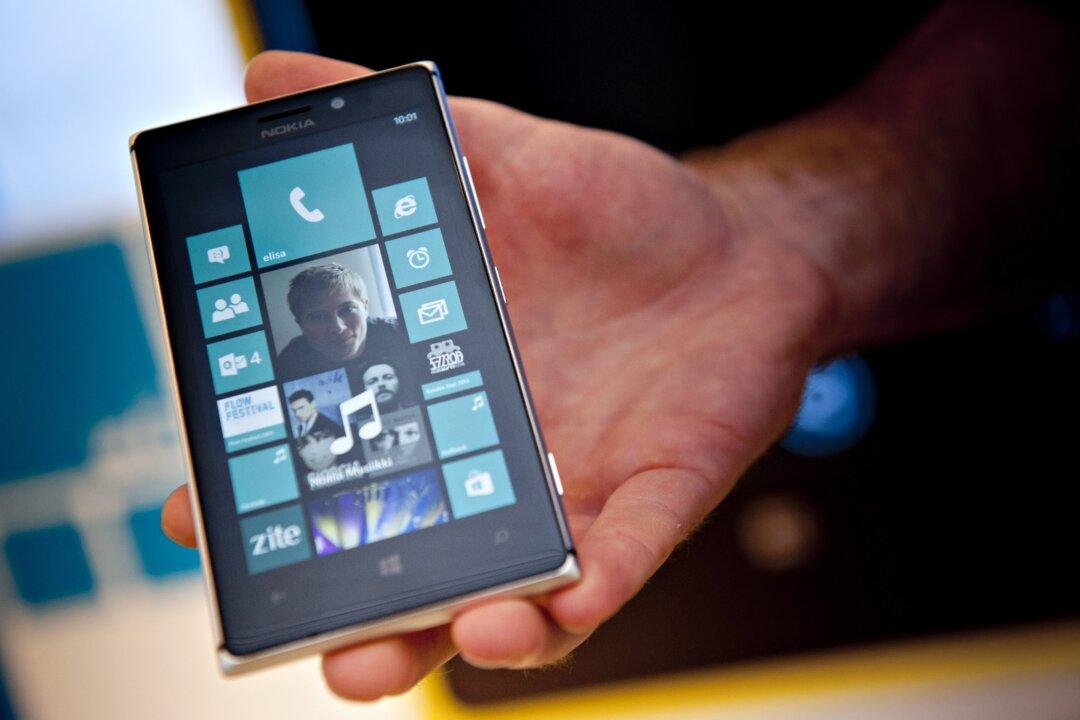A new report from The Guardian has claimed that the anonymous social network Whisper isn’t as anonymous as it claims, saying that it tracks the locations of its users, including those who have specifically opted out of geolocation tracking. It also shares user information with the US Department of Defense.
The Guardian says it witnessed the practice during a three-day visit to Whisper headquarters as part of their efforts to start a journalistic relationship with the company.
What is Whisper
For those who are not in the know, Whisper is an application that lets you share your deepest secrets, desires, or confessions with others without revealing your identity, or so it claims. The app, which is available for both Android and iOS, gets more than 3 billion page views a month and has millions of users – 70 percent female, mostly aged 18 to 24.
![]() The way Whisper works is you write a message (could be a confession, question, feeling … anything) and the app suggests a relevant image over which the message is superimposed. Following this you can post the message, known as a whisper. Those who find your message interesting can either send you open replies or chat with you in private.
The way Whisper works is you write a message (could be a confession, question, feeling … anything) and the app suggests a relevant image over which the message is superimposed. Following this you can post the message, known as a whisper. Those who find your message interesting can either send you open replies or chat with you in private.
The point here is that people talking to you don’t know anything about you and you do not know anything about them, allowing you to speak your mind and heart anonymously.
As you can see in the screenshot displayed below, the app categorizes whispers into three categories: Popular, Nearby, and Latest. There’s also a big + icon at the bottom centre which you can tap to create a whisper.
Note that the only identity you have at Whisper is your handle, something the app automatically creates when you write your first whisper, although you are free to change it at that time as well as at any time later from the Settings option.
After I posted my first whisper, saying “I am a tech blogger trying to understand how this app works,” I was amazed to see a flood of replies and private chat notifications.
As you can see in the screenshot below, someone with the handle ‘Stoned_Smith’ answered my question in detail (my replies are in purple):
Not everyone was polite enough; I received some quite nasty replies too, which is understandable, as the app is bound to attract all kinds of people, thanks to the anonymity it claims to provide.
What the report claims
The Guardian report claims that Whisper has developed an in-house mapping tool that enables its staff to filter and search GPS data and even pinpoints messages to within 500 meters of where they were sent.
The news site also claims that the app is capable of tracking an individual user’s movements over time and even extracts their rough location from IP data emitted by their devices, something which is done on a targeted, case-by-case basis.
While Whisper clearly says that it stores user data like posted content, comments, and more, only for a brief period of time, the report alleges that information related to time and location of messages posted by users is being stored indefinitely.
The report adds that the company is monitoring users it believes are potentially newsworthy, including military personnel as well as individuals claiming to work at Yahoo, Disney, and on Capitol Hill.
The Guardian also says that the company is cooperating with the US Department of Defense, sharing user data with researchers investigating the frequency of mentions of suicide (or self-harm) from hand-held devices like smartphones that Whisper knows are being used from US military bases.
What Whisper has to say
Whisper has refuted the allegations, saying that there’s no truth in the article.
Whisper does not collect nor store any personally identifiable information from users and is anonymous. There is nothing in our geolocation data that can be tied to an individual user and a user’s anonymity is never compromised. Whisper does not follow or track users. The Guardian’s assumptions that Whisper is gathering information about users and violating user’s privacy are false.
The company said the above in a statement to TechCrunch, adding that The Guardian has made a mistake by publishing the story and they will regret it.
What do we think
Considering the fact that the allegations are made by a reputed publication like The Guardian, it’s a bit hard to believe Whisper’s claims that they are complete lies.
Although nothing is proven yet, if the publication’s allegations are true, it only proves that users shouldn’t blindly believe the anonymity claims made by these kind of apps, and should think twice before sharing information about their personal or professional lives.
Republished with permission from MakeTechEasier. Read the original.



